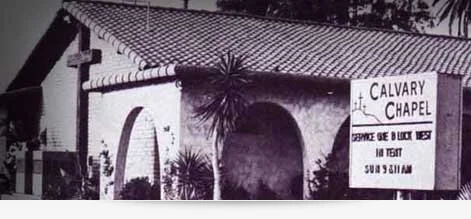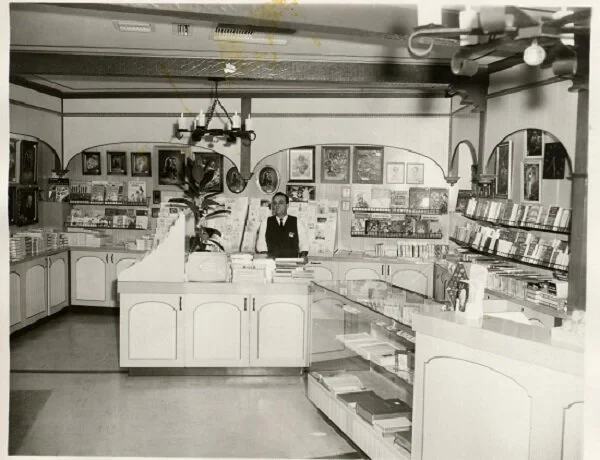John Calvin once declared: “The Scriptures obtain full authority among believers only when men regard them as having sprung from heaven, as if there the living words of God were heard.” Since the Bible comes to us from the hand of God, through the agency of men inspired by the Holy Spirit, when we read the Bible or hear it read aloud, we can be assured that God is speaking to us. The Bible is God’s word written and the same Holy Spirit who breathed it forth, assures us that the words of Holy Scripture are the very words of God.
We now skip ahead to Article Five of our confession which deals with the authority of Scripture. But why defer discussion of Article Four which lists the canonical books of the Bible until later? The reason is a practical one. Recall that in Article Three our confession deals with the subject of the inspiration of Scripture. Scripture has its origin not in the will of humanity, but in the will of God. It is God who breathes forth his word (the Bible) through the agency of human writers without sublimating their individual personalities or negating the historical circumstances under which these books were written. This is what our confession means in Article Three when it speaks of God’s revealed word being committed to writing.
Since Scripture is God-breathed, it is suitable for religious purposes, i.e., teaching, correction and training in righteousness (2 Timothy 3:16-17). Only in the Bible do we find the will of God fully revealed (the law) and only in the Bible do we find God’s means of rescuing sinners from the guilt and power of their sins (the gospel). While in nature we see the hand of the Creator, we do not learn of the gospel by contemplating the beauty of a sunset. The gospel is only revealed in God’s word written. This is why we as Christians have a sure and certain knowledge of God and of his will (unlike secularists and pagans), and why we base neither our doctrines nor our practices upon the mere opinions of men (the essence of all false religion). God has spoken to us in his word and we must listen to what he says.
To read the rest of this article, click here: Article Five -- The Authority of Scripture
Read More




















